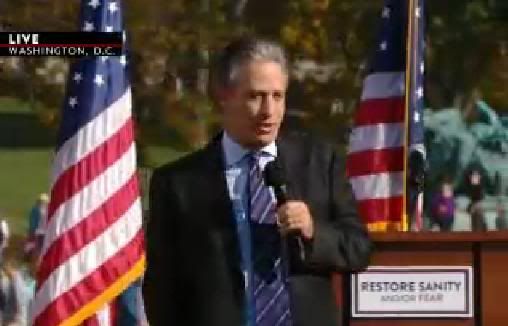Voronwë wrote:I continue to believe that Gandalf meant those words quite literally - that no weapon could harm him because he no longer was truly corporeal. It is an interesting fact to consider that not only was Gandalf the White ever in danger of being harmed by any weapon, he also never is shown taking up a weapon against anyone else, or otherwise physically assaulting anyone (at least that I can think of). He disappears before the battle of Helms Deep, and saves the day by enlisting the help of Erkenbrand and Treebeard. He overcomes Saruman by breaking his staff, not by any physical action but just by willing it. He faces down the Witchking, but never raises a weapon against him. He never goes down to the fields of the Pelennor despite the battle that is raging their. The closest that he comes to engaging in any kind of physical battle is when he rescues Faramir. But he uses no weapon, not even his staff. It's not even clear that he really did anything physical at all
An intriguing collection of observations, Voronwë. It's fascinating to view these occurances as a "whole", rather than as separate and single events......there does seem to be a discernable pattern here.
And I agree with you that Gandalf was no longer truly corporeal. In the chapter "The White Rider", there are other cryptic references that I find telling. The first I think I mentioned already (not sure if it was in this thread or another), when Gandalf tells of his rescue by Gwaihir:
'Ever am I fated to be your burden, friend at need,' I said.
'"A burden you have been," he answered, but not so now. Light as a swan's feather in my claw you are. The Sun shines through you. Indeed I do not think you need me any more: were I to let you fall, you would float upon the wind.'
And then there's the strange remarks (at least to me) by Aragorn when Gandalf tells him that they must go to Edoras.
Yes, we will set out together,' said Aragorn. 'But I do not doubt that you will come there before me, if you wish.' He rose and looked long at Gandalf.
<snip>
'Do I not say truly, Gandalf,' said Aragorn at last, 'that you could go withersoever you wished quicker than I?'
I also think that when Gandalf is returned to Celebdil, lying naked on the mountain-top, he is somehow separate from time and space:
'There I lay staring upward, while the stars wheeled over, and each day was as long as a life-age of the earth. Faint to my ears came the gathered rumour of all lands : the springing and the dying, the song and the weeping, and the slow everlasting groan of overburdened stone.'
It is after Gwaihir rescues him that he says "I felt life in me again", which I now believe means that some......adjustments have started to be made that allow him to once again "dwell" in some form of body that can operate within the physical world.
Jny wrote:I have thought ... well, this is something I've hesitated to post about here for fear of being misunderstood ... but I have long thought that the contrast between Gandalf and Saruman was related to Tolkien's understanding of his Christian faith and what he himself (Tolkien) was being called upon to do.
He wrote revealing all the core values from his very distinct religious faith without confining them, not even by allegory, to a specific set of beliefs, as if to say, "I don't know for whom this might be relevant but it is so important to me that I will write it in such a way that no one need feel excluded from it."
Your words made me look up one of Tolkien's letters (#131 to Milton Waldman). At one point in the letter, he speaks of his deep interest from a young age with the myths of several cultures, and the "impoverished" state of English myth:
Tolkien wrote:Of course, there was and is all the Arthurian world, but powerful as it is, it is imperfectly naturalized, associated with the soil of Britain, but not with English; and does not replace what I feel to be missing. For one thing its 'faerie' is too lavish and fantastical, incoherent and repetitive. For another and more important thing: it is involved in, and explicitly contains the Christian religion.
For reasons which I will not elaborate, that seems to me fatal. Myth and fairy-story must, as all art, reflect and contain in solution elements of moral and religious truth (or error), but not explicit, not in the known form of the primary 'real' world.
<snip>
These tales are 'new', they are not directly derived from other myths and legends, but they must inevitably contain a large measure of ancient wide-spread motives or elements. After all, I believe that legends and myths are largely made of 'truth', and indeed present aspects of it that can only be received in this mode; and long ago certain truths and modes of this kind were discovered and must always reappear. There cannot be any 'story' without a fall - all stories are ultimately about the fall - at least not for human minds as we know them and have them.
But I think this statement, from the chapter The White Rider in The Two Towers, just after Gandalf's return is key:



